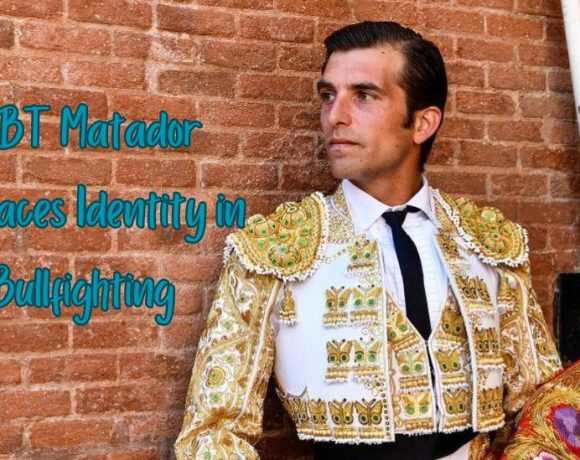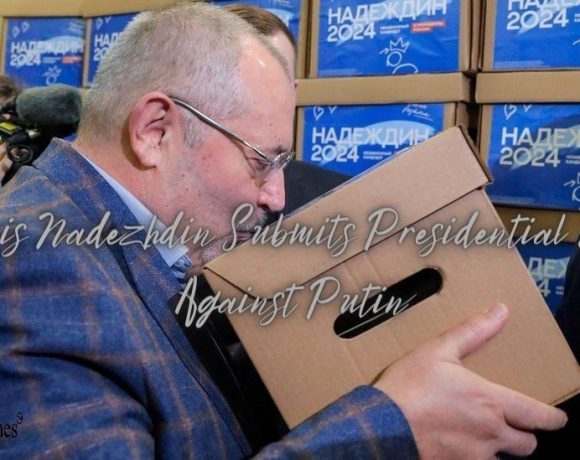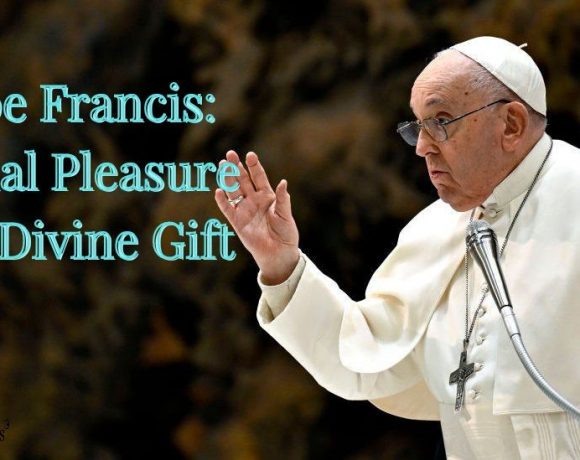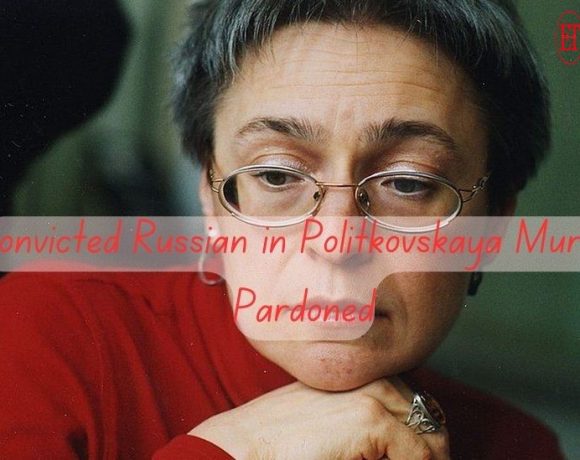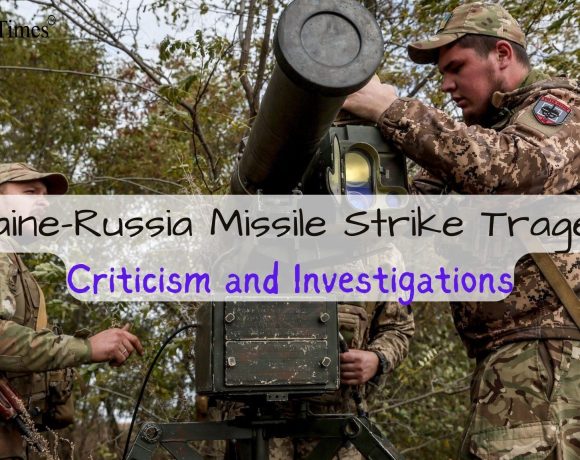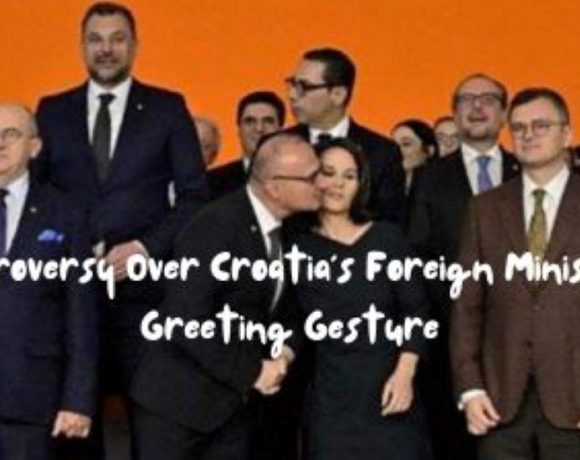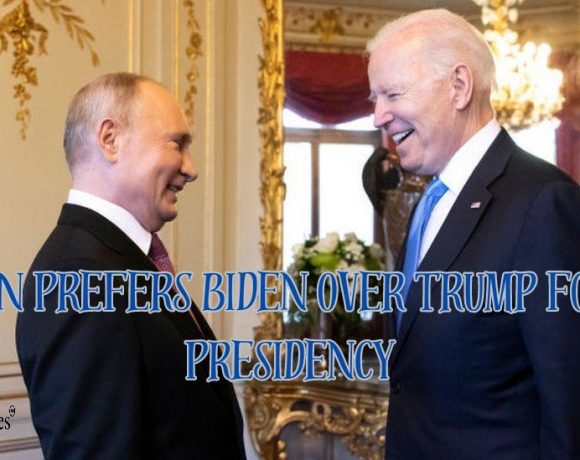
Russian President Vladimir Putin has expressed a preference for a Joe Biden presidency over Donald Trump ahead of the US election, citing Biden’s experience and predictability. Putin’s comments mark a departure from his previous praise of Trump before his first run for president in 2016. Despite Biden’s criticism of Putin, the Russian president believes Biden’s leadership would be better for Russia due to his political background.
Putin dismissed concerns about Biden’s age and mental health, stating that he did not notice any issues during their last meeting in 2021. However, he criticized Biden’s condemnation of the war in Ukraine as “extremely harmful and erroneous.” Despite his preference, Putin emphasized that Russia would work with any US president who gains the trust of the American public.
These remarks contrast with Trump’s previous statements suggesting a strong rapport with Putin, although Trump’s recent remarks about encouraging Russia to attack NATO members have drawn criticism from NATO officials.
Picture Courtesy: Google/images are subject to copyright

